October 29, 2025
Data Shows Endangered Palau Ground Doves Swiftly Recovering After Successful Palauan Island Conservation Effort
Astounding evidence of recovery on Ulong Island in Palau after just one year!
Published on
June 21, 2022
Written by
Island Conservation
Photo credit
Island Conservation
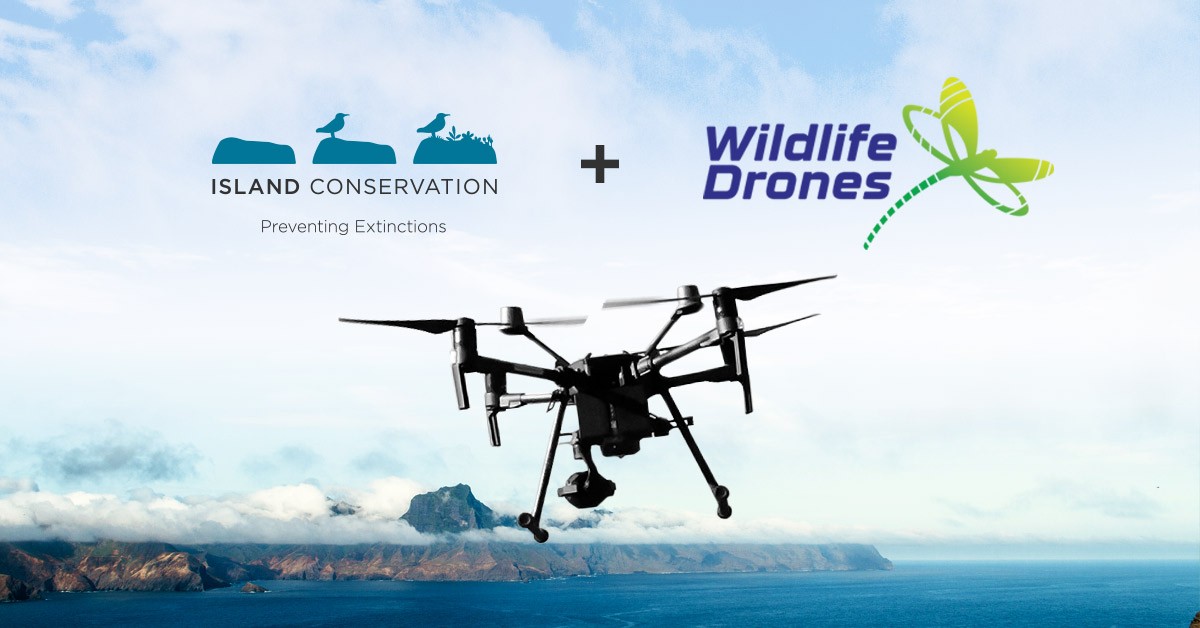
International nonprofit organization Island Conservation and Australian deep tech startup Wildlife Drones have announced a long-term partnership that will provide unprecedented capacity for large-scale wildlife telemetry operations in endangered species conservation. The collaboration will focus on islands across the Pacific Ocean, with ambitions to eventually expand implementation around the world.
Background
The rapid loss of biodiversity places ecosystems at increasing risk of collapse, with flow-on effects across both natural and agricultural landscapes. Wildlife that lives on islands is particularly susceptible to non-native introduced species, especially predators that can spread quickly and cause the extinction of native species that have not evolved any defenses.
Although islands represent only five percent of terrestrial land area, since 1500, 75 percent of amphibian, reptile, bird, and mammal extinctions have been on islands and nearly 40 percent of globally threatened vertebrates are island species.

Tracking and monitoring endangered animals and invasive species is a vital aspect of island restoration and rewilding projects. However, this can be severely restricted by natural obstacles, treacherous terrain, and prohibitive vegetation. These restrictions can be overcome using emerging drone technology.
Wildlife Drones’ innovative sensor technology is revolutionizing animal tracking and environmental data collection. Integrating Wildlife Drones’ aerial telemetry will not only improve the cost effectiveness of research but will also enable access to even the most challenging terrain where it is otherwise incredibly difficult to collect data on the ground.
“The Island Conservation team is delighted to capitalize on Wildlife Drones’ exceptional drone technology,” says David Will, Head of Innovation. “Our scientists will be able to collect more data, more often, using a more streamlined process. We’ll gain valuable insights for more effective and sustainable management of both endangered and invasive species.”

Wildlife Drones is dedicated to supporting locally led initiatives that benefit island ecology and the surrounding communities. For example, the two organizations first worked together to make the Wildlife Drones system and manual available in Spanish for wide usage in Latin America. The formalized partnership presents multiple opportunities for integration across many more island nations in a similar way.
“We believe in providing local conservationists with user-friendly technology and training them to collect critical data whenever and wherever needed across remote and rugged landscapes,” says Dr Debbie Saunders, Founder and CEO of Wildlife Drones. “We feel privileged to have the opportunity to work with such an impactful and innovative organization as Island Conservation, who are actively reversing the trend of biodiversity loss in critical island ecosystems.”
The initial phase of the partnership will see data collected on endangered bird species on the Galapagos Islands, as well as of the movements of the sentinel coati in the Juan Fernández Archipelago off the coast of Chile. This includes tracking animal movements and collecting data across mountainous and rugged landscapes that have previously proven prohibitive.
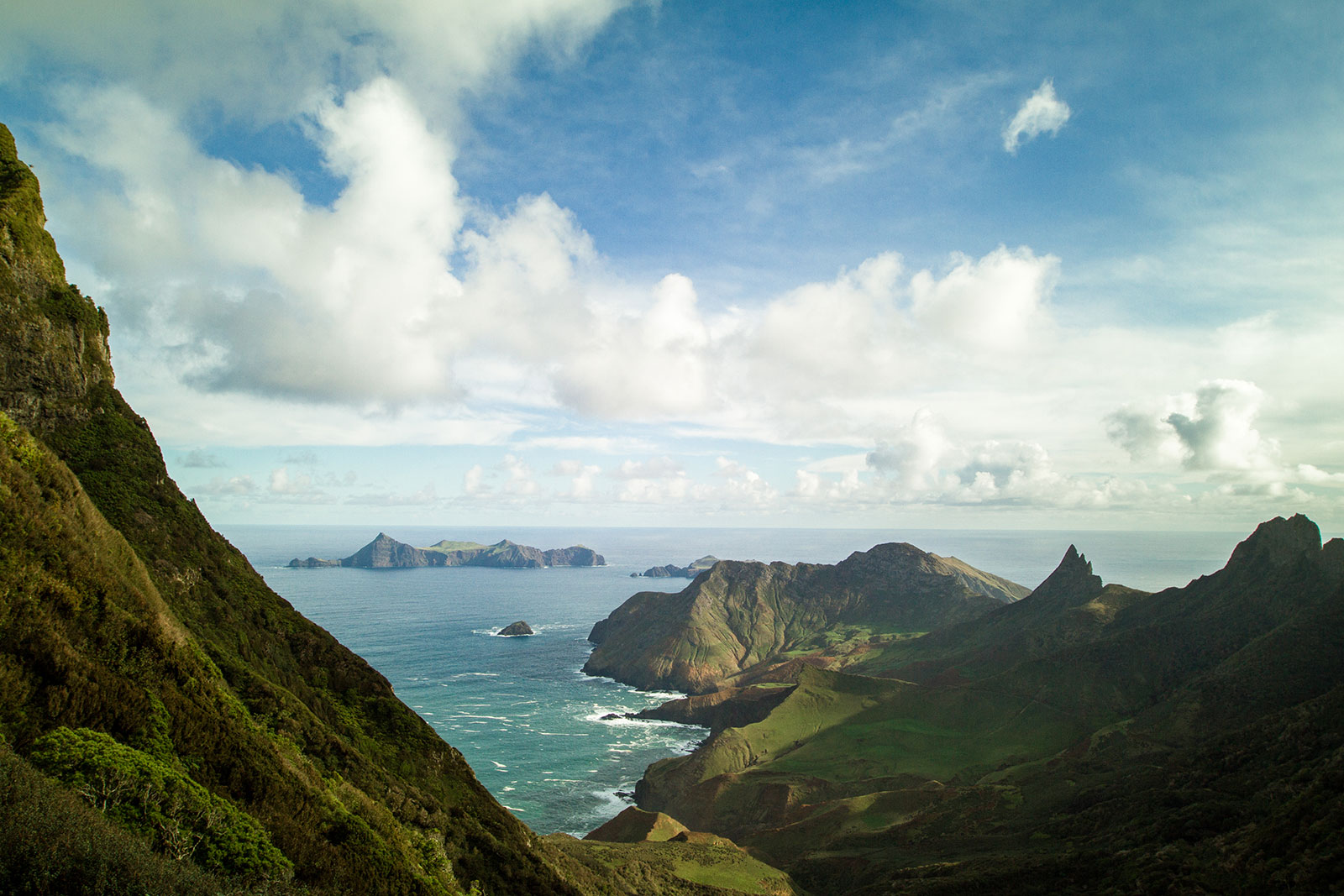
Through this partnership, the two global conservation organizations will bring their collective resources and expertise to scale up operations and involve local communities to better understand and protect endangered species around the world.
“If you don’t have the data you need to understand and address the problems causing biodiversity loss, you can’t effectively manage the problem or create the change required on the ground,” says Dr Saunders. “Together with Island Conservation, we are turning this around and making a positive difference to some of the world’s most endangered species.”
About Wildlife Drones:
Wildlife Drones is an award-winning startup that provides innovative drone sensor technology to support land managers and researchers in the collection of meaningful data on threatened and invasive species and the ecosystems in which they exist, paving the way for more sustainable land management in the face of global change.
About Island Conservation:
Island Conservation is our world’s only international nonprofit conservation organization dedicated solely to preventing extinctions on islands. Our collaborations with local island communities aim to improve livelihoods, manage invasive species, and reintroduce native animals and plant life. Island Conservation is a United States-based 501(c)(3) charitable organization working through diverse local and international partnerships to foster sustainable development, climate resilience, and healthy island-marine ecosystems across the globe. Visit us at www.islandconservation.org.
Media Contacts:
Claudio Uribe – Communications Director, Island Conservation
Email: claudio.uribe@islandconservation.org
Phone: +1 831 332 2619
Alex Kmita – Marketing Manager, Wildlife Drones
Email: alex@wildlifedrones.net
Phone: US toll-free: +1 888 908 2328 – Australia & other countries: 1300 828 679
Check out other journal entries we think you might be interested in.

October 29, 2025
Astounding evidence of recovery on Ulong Island in Palau after just one year!
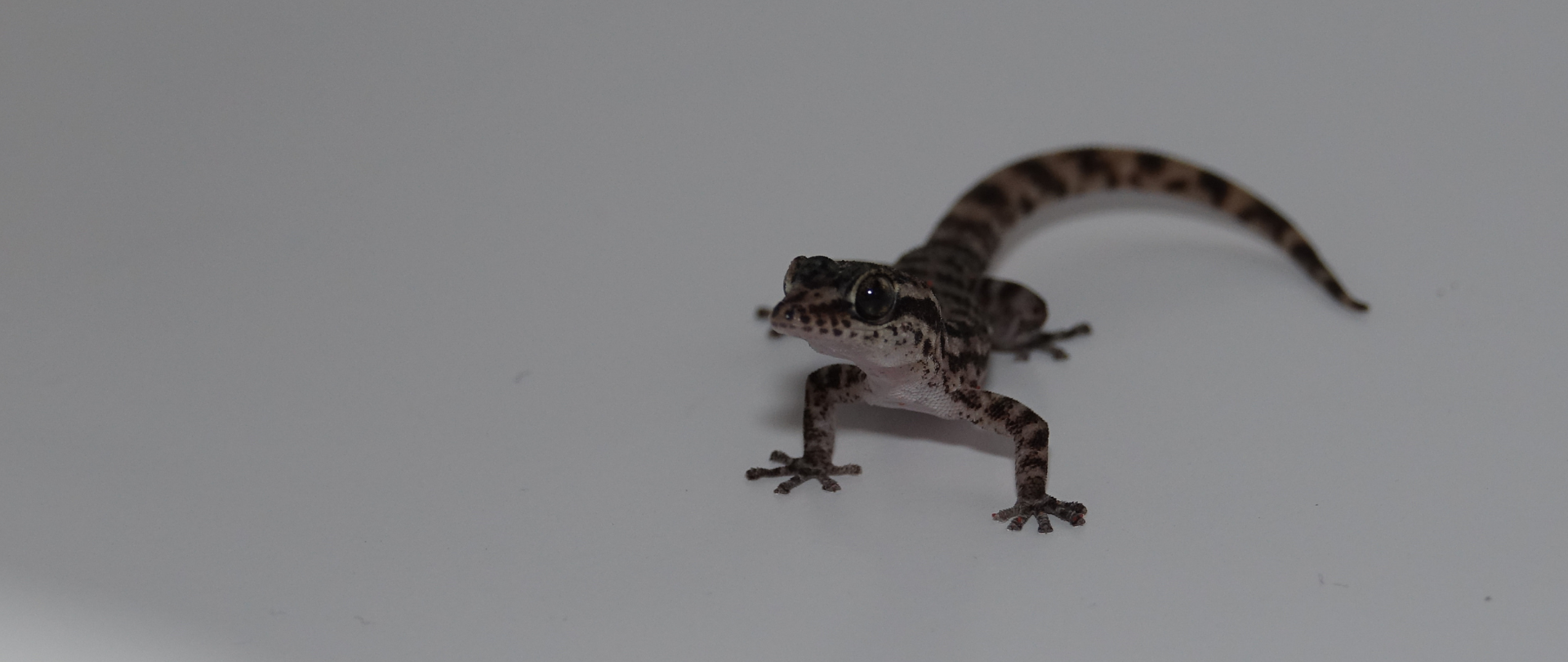
July 22, 2025
A species once thought extinct just made its comeback. A study published in PLOS ONE confirms the Leaf-toed Gecko has been rediscovered on Rábida Island in the Galápagos.
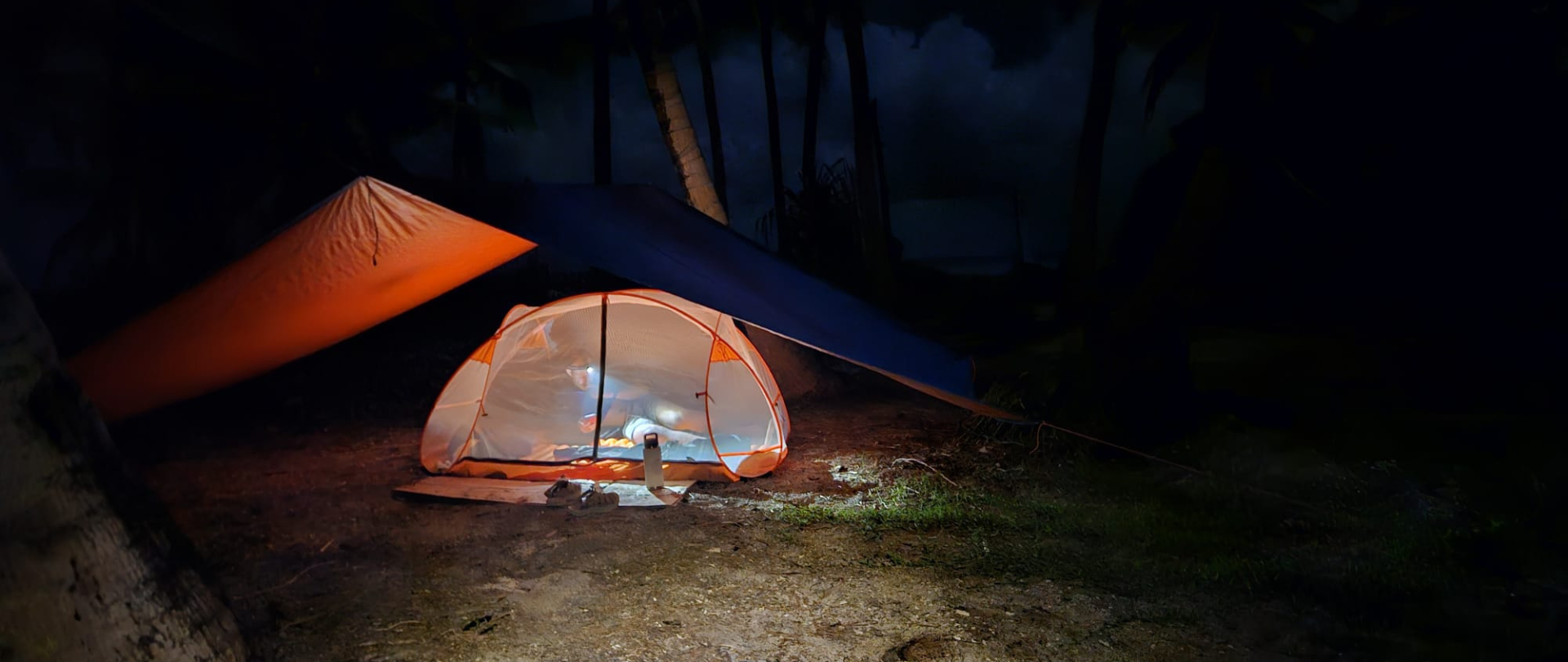
July 17, 2025
Great news from Tuvalu--our projects to restore Nukufetau Atoll, Tepuka, and Falefatu were successful!

June 17, 2025
Two new islands join the Island-Ocean Connection Challenge, linking terrestrial and marine conservation for maximum impact!
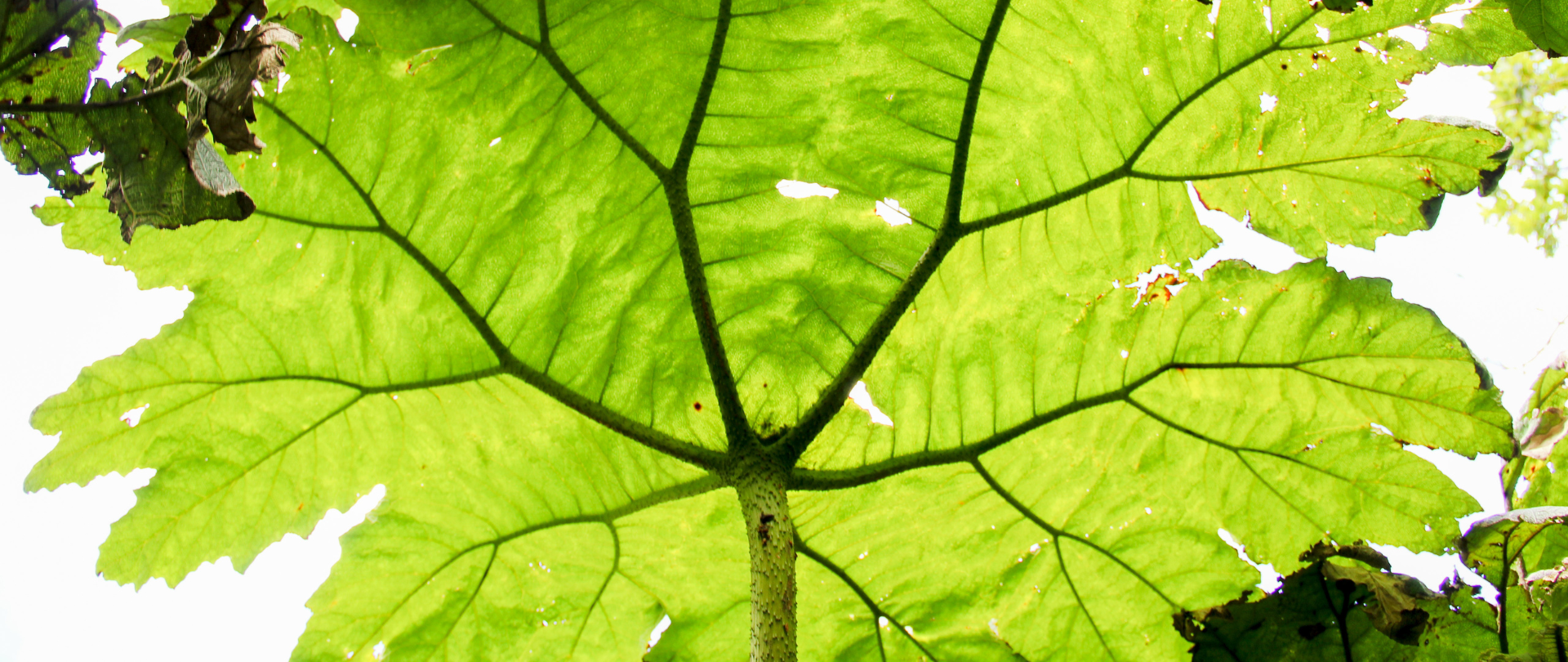
June 13, 2025
Our partner Conservation X Labs has joined the IOCC, committing to deploying transformative technology to protect island ecosystems!
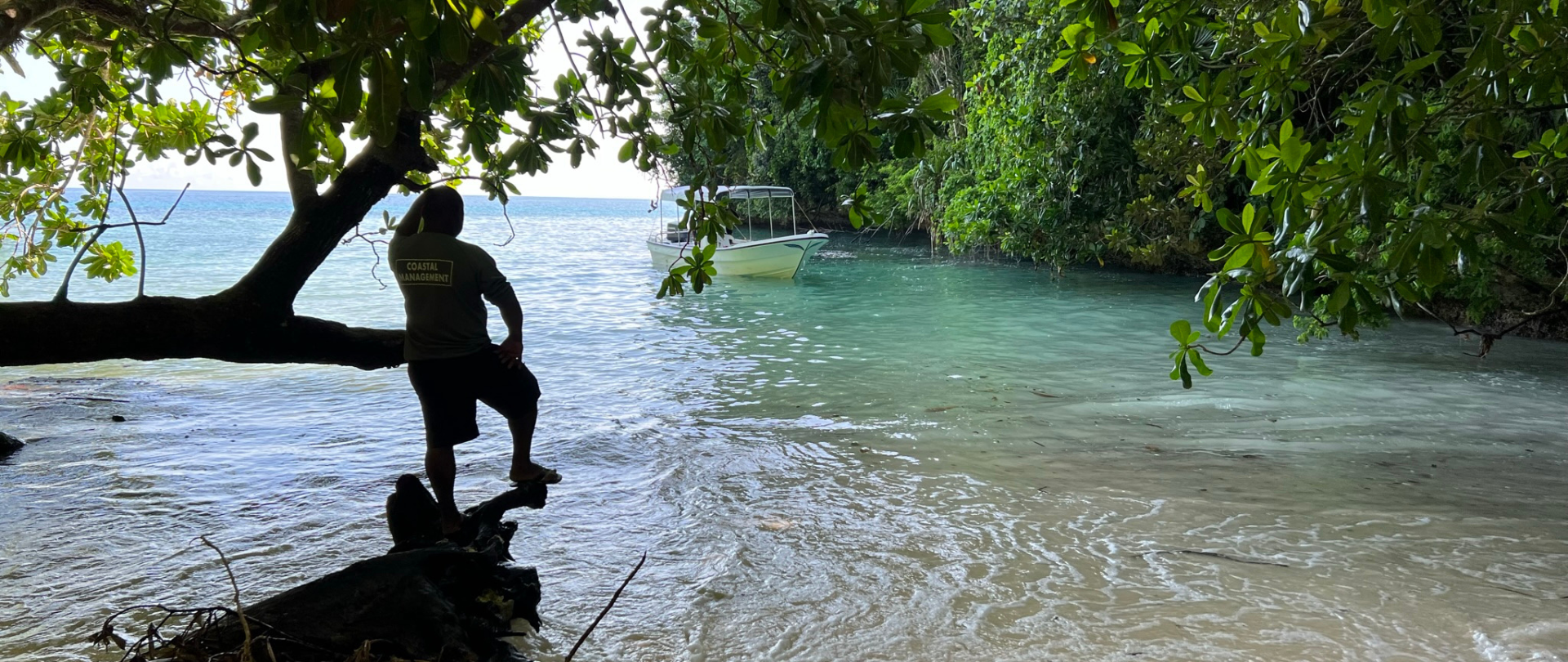
May 19, 2025
Read our position paper on The 3rd United Nations Ocean Conference (UNOC 3) to see why we're attending and what we aim to accomplish!
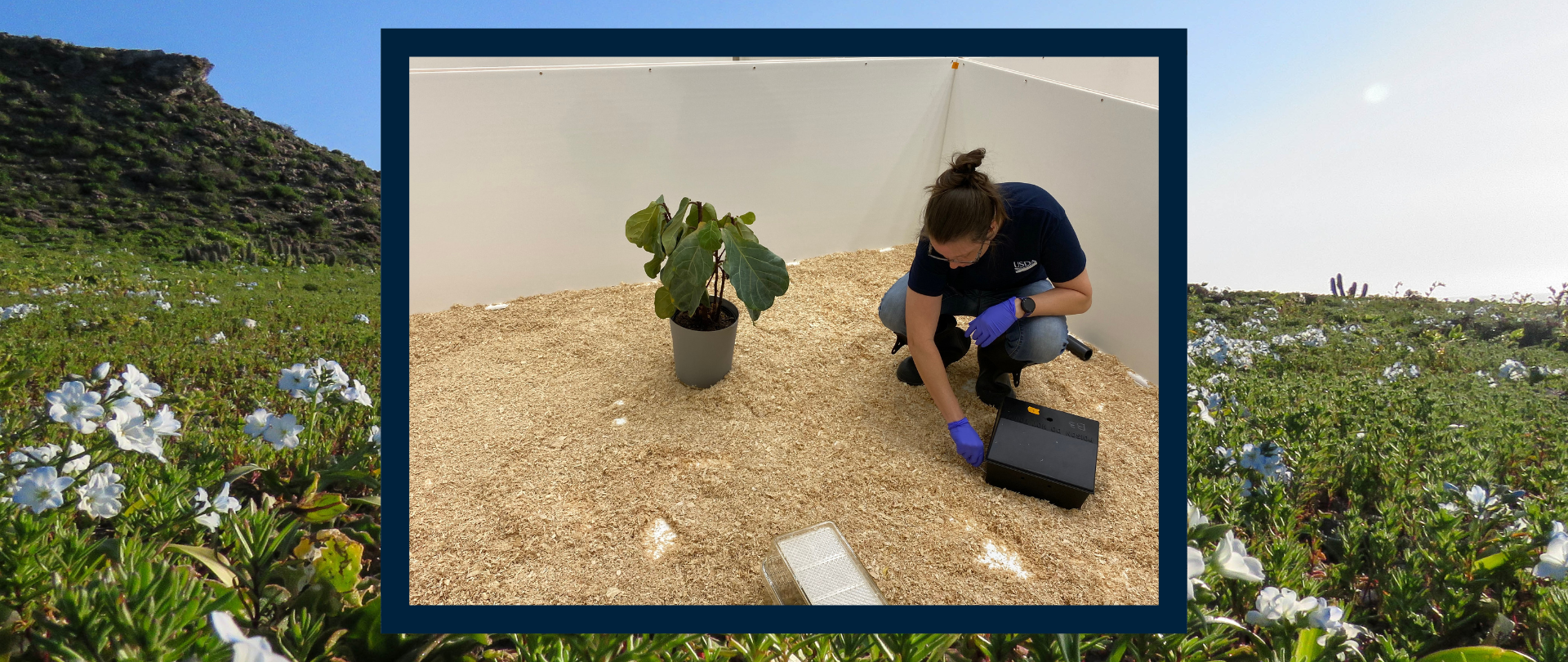
March 11, 2025
New environmental DNA technology can help protect vulnerable island ecosystems from destructive invasive species.
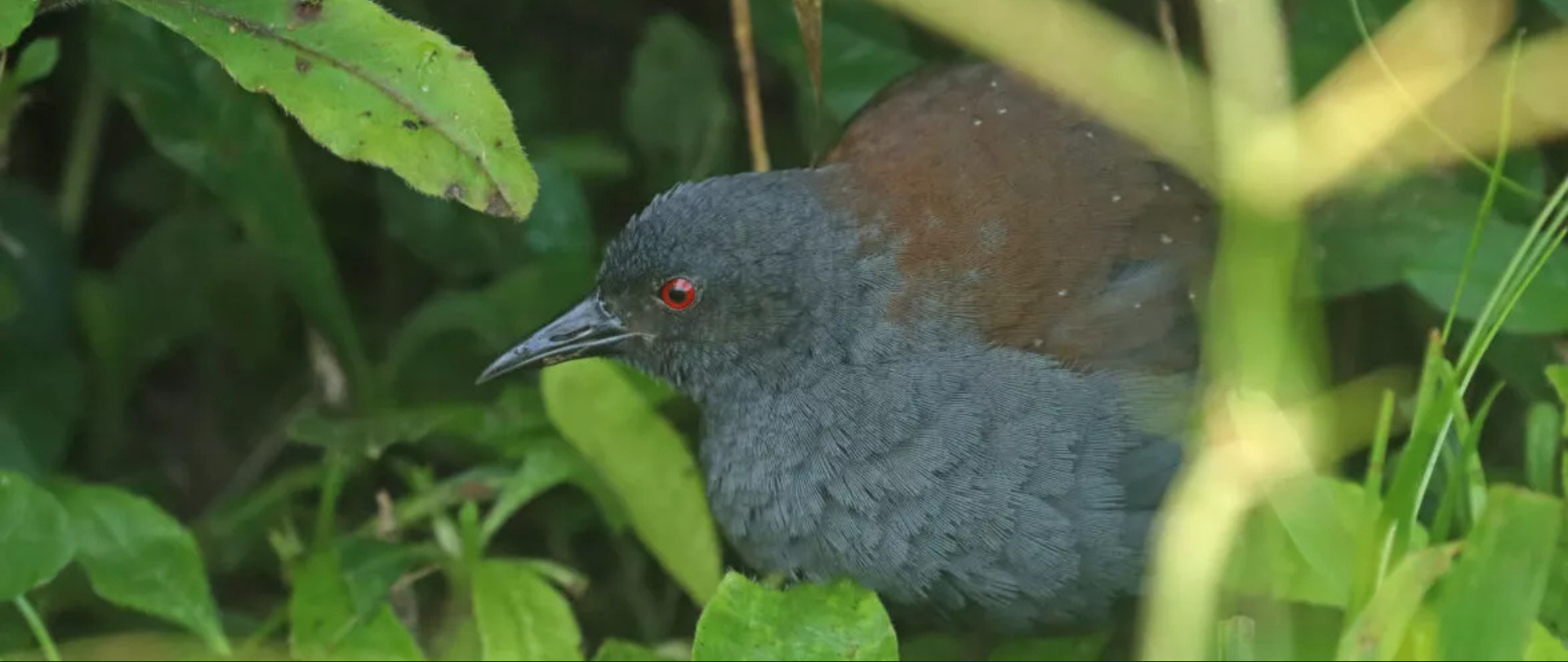
February 27, 2025
A locally-extinct species of ground-dwelling bird was found on Floreana Island!
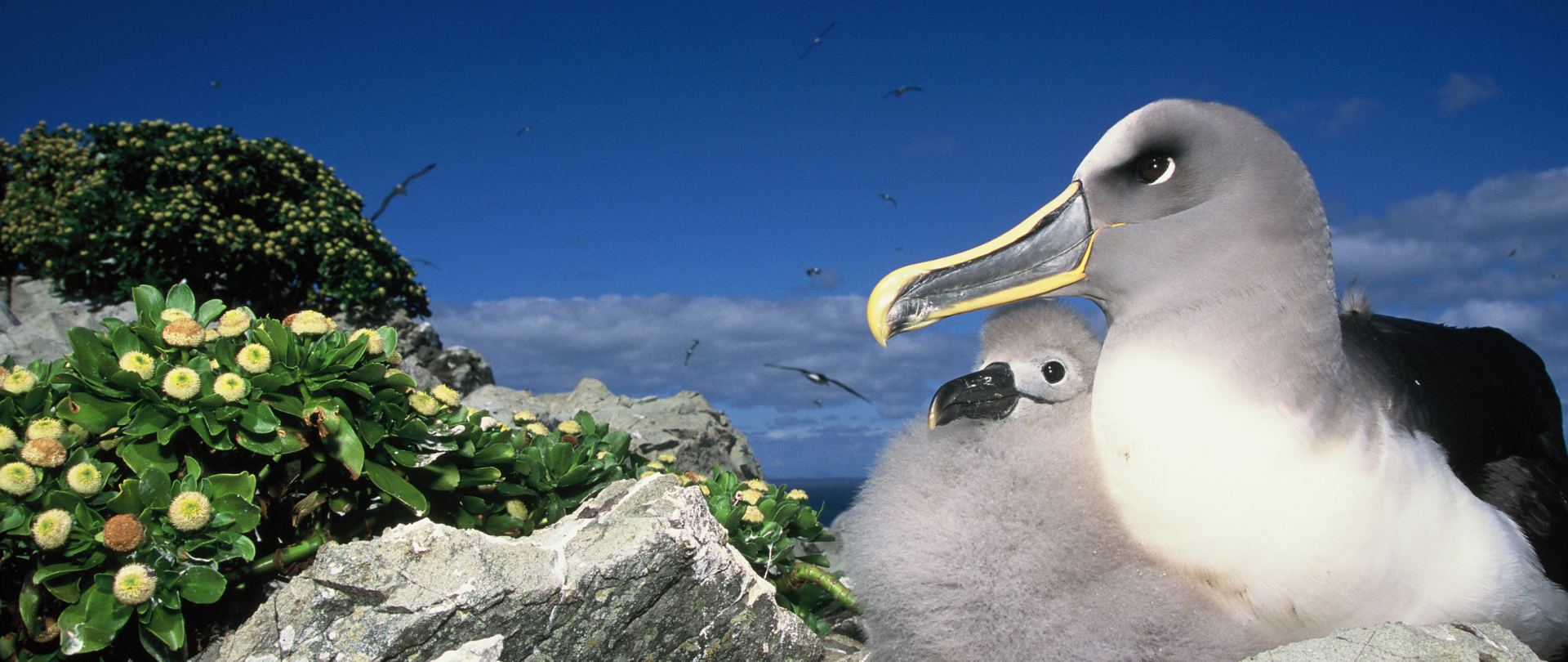
February 20, 2025
February 20, 2025, Bluff, New Zealand – The international conservation initiative, Island-Ocean Connection Challenge (IOCC), led by Island Conservation, Re:wild, and UC San Diego’s Scripps Institution of Oceanography, proudly welcomes three of New Zealand’s most ecologically rich islands into its…